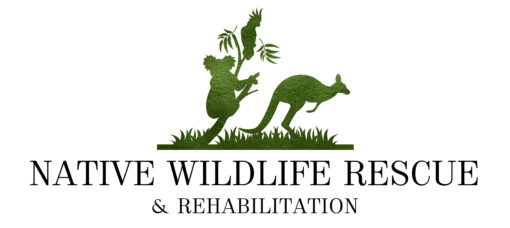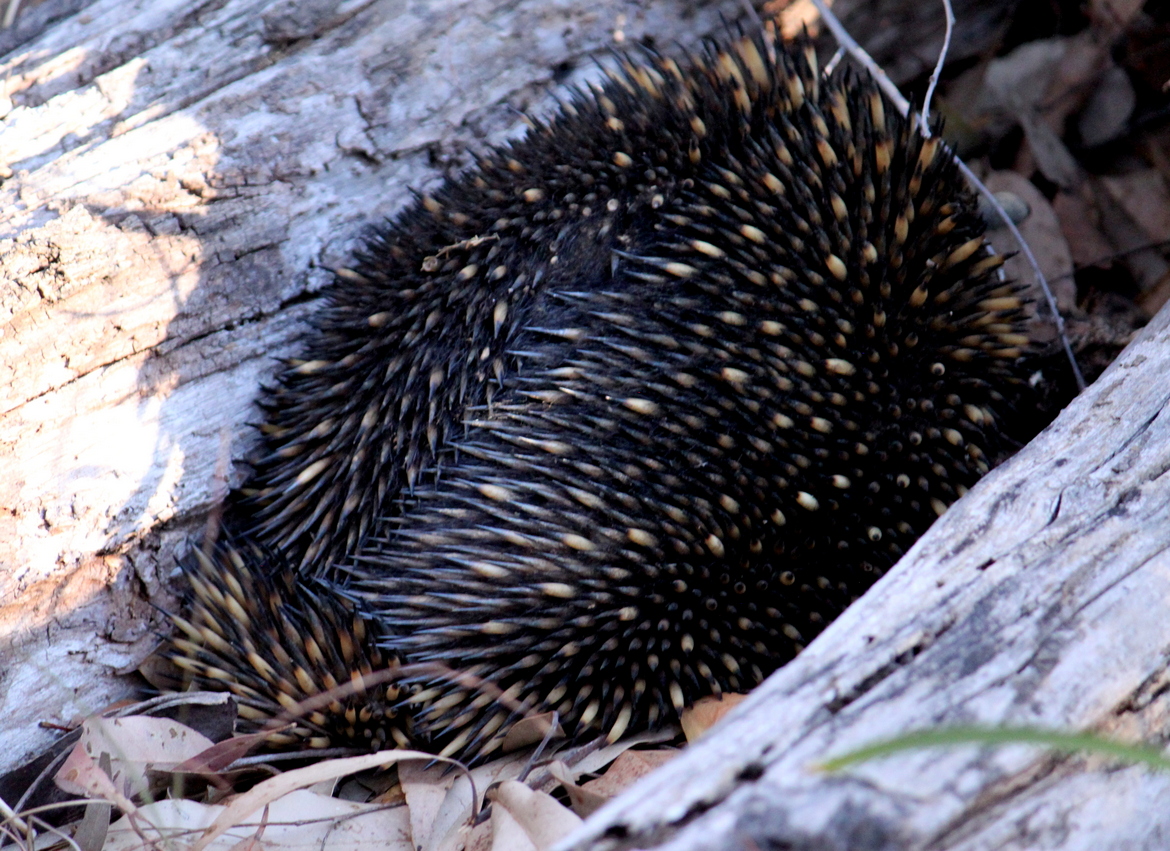The Aftermath |
There are many ways you can assist injured, sick or traumatised wildlife during the current bushfire emergency, especially if you come across an animal. Please call our hotline if you require urgent assistance [our hotline is 0418 427214] as they will need immediate access to water, food or shelter. Additionally, we will provide you with instructions over the phone in the interim.
It is also important to remember that only a licensed wildlife rescue and rehabilitation organisation or a veterinarian is licensed to take it into their care. However, if you must transport the wildlife home before we can come to you, try to keep the animal, reptile or bird safe and quiet in a covered box and never leave it in the care of underaged children.
We recommend having spare blankets, a shopping bag, water and rubber gloves in the car for emergencies. If you find an injured animal that can’t be transported, tie the shopping back to a branch and note the location (including roadside markers) for rescuers.
Please view our page on what to do in a roadside or field emergency. Also, view this link for further information on crown land and national or state forest regulations.
The Rules for Feeding Wildlife |
While we usually don’t recommend this practice, the rules of engagement have changed as we battle the fires across two fronts.
For volunteers searching the charred bushlands for surviving wildlife, we have compiled a brief list of what foods they require.
But before you distribute any food, consult with a wildlife carer in your immediate area if you have any questions about the appropriate vegetables to leave out. And please, never give dehydrated koalas water by pouring the liquid directly into their mouths, as it will bypass the oesophagus and fill the lungs. What may seem like a kind act may be deadly to the weakened and injured koala.
Here are a few tips:
- All food stations should be monitored and potentially rotated;
- Leave clean tap water in a bowl [nothing with sugar] and change daily to prevent disease. Also, position the bowl of water close to the food drops;
- Never give water straight from a bottle, especially to koalas. Either place water into a cupped hand or a water bowl;
- Do not place food near the roads;
- Relevant food should be placed in specific locations [depending on the habitats of roos, wombats, wallabies, possums, etc.];
- Do not leave food out if there is existing vegetation growing in the area;
- Food should not be left out to rot;
- Seeds should never be left on the ground;
- Never handle a flying fox. You must contact us, and a trained officer wearing protective clothing will come to assist;
- Do not encourage the wildlife to feed at your home;
- Always maintain your safety while the fires remain active, especially if the hollows and undergrowth show signs of heat and smoke.
- Remember that large trees are also at risk of falling
- Always consult with us first, as we stay up-to-date on the fires and wind changes.
Foods that are Safe|
- Apples
- Sweet potatoes
- Berries
- Baby spinach rocket
- Watermelon
- Pears
- Corn
- Cos lettuce
- Peas
- Beans
- Carrots
- Pumpkin
Foods to Avoid |
Any brassica vegetables, including broccoli, cauliflower, Brussels sprouts, cabbage, turnips, collars, kale and bok choy.
###
PHOTO: OF ECHIDNA | [C] J.CAMPBELL

